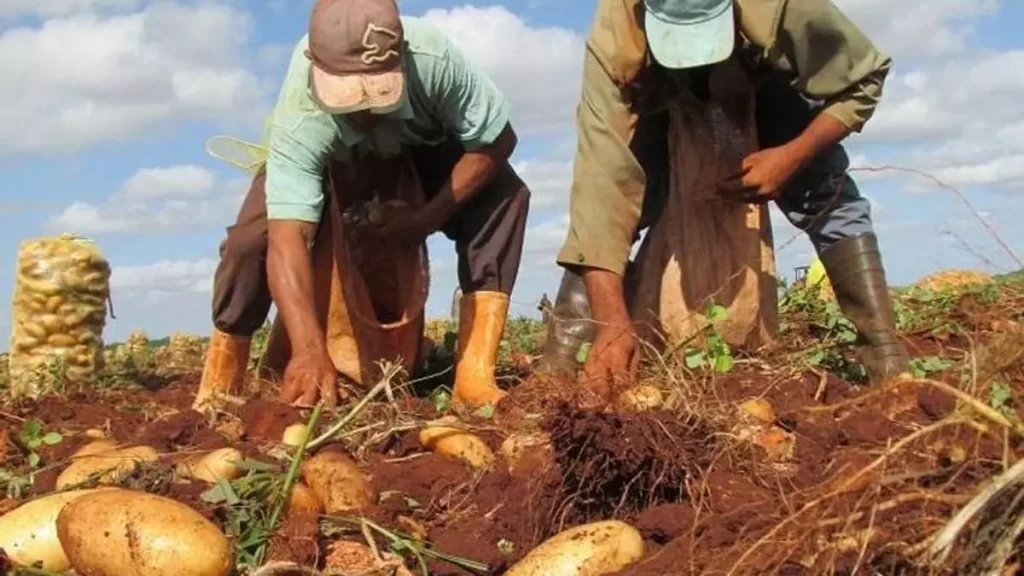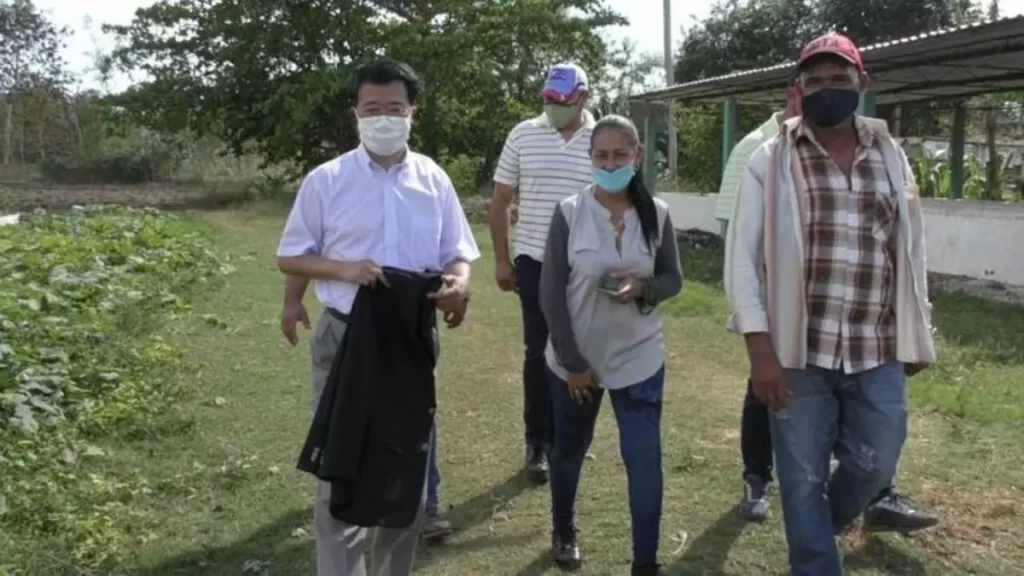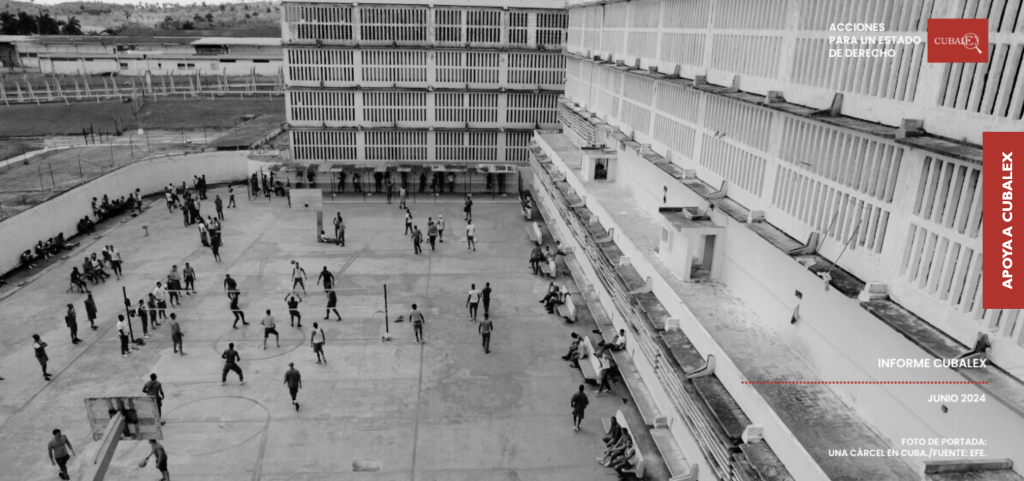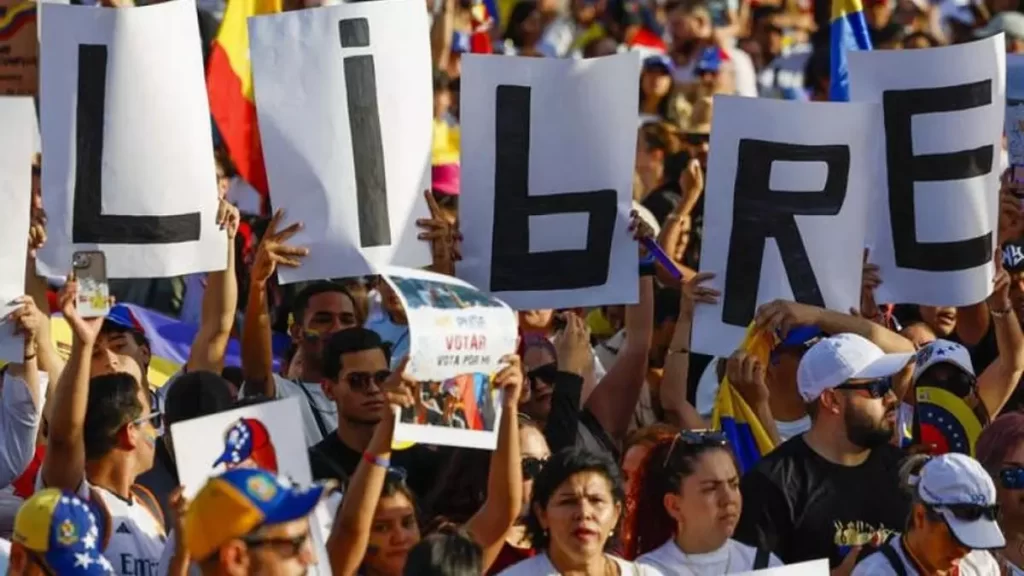The crisis for several countries of the continent has been exacerbated. Mexican President López Obrador sees no “evidence of fraud” and criticizes the “interventionism of the OAS.”

![]() 14ymedio, Havana, July 31, 2024 — The president of Colombia, Gustavo Petro, who had taken care to make statements about last weekend’s Venezuelan elections, finally expressed his official position on Wednesday. Although he calls for “transparent scrutiny,” the president is ambivalent on other key issues, but he did make it clear that “anything that happens in Venezuela will affect Colombia.”
14ymedio, Havana, July 31, 2024 — The president of Colombia, Gustavo Petro, who had taken care to make statements about last weekend’s Venezuelan elections, finally expressed his official position on Wednesday. Although he calls for “transparent scrutiny,” the president is ambivalent on other key issues, but he did make it clear that “anything that happens in Venezuela will affect Colombia.”
So far, Petro’s government, through its Foreign Minister Luis Gilberto Murillo, has refused to recognize any victory, either of the opponent Edmundo González Urrutia or of the current president, his political ally, Nicolás Maduro. Likewise, Murillo requested a review of the ballots and an audit of the results declared by the National Electoral Committee of Venezuela (CNE). However, the voice of the Colombian president, who during his term has guided a rapprochement with Caracas, was missed.
“The serious doubts that are established around the Venezuelan electoral process can lead the people to a deep violent polarization with serious consequences of division,” were the first words that Petro wrote on his X account, while calling on the neighboring Government to respect, with transparency, the result of the elections “whatever it is.” continue reading
“We respectfully propose to reach an agreement between the Government and the opposition that allows maximum respect for the party that has lost the elections. Such an agreement can be delivered as a Unilateral Declaration of State to the United Nations Security Council,” he added.
“We respectfully propose to reach an agreement between the Government and the opposition that allows maximum respect”
“I invite the Venezuelan Government to allow the elections to end in peace by allowing a transparent counting of ballots and a scrutiny of all the political forces of the country, with professional international oversight,” said the president, who did not miss an opportunity, however, to point out the “blockade” of the United States as “an anti-human measure that only brings more hunger and more violence than already exists and promotes the mass exodus of peoples.”
The concern about the mass migration of Venezuelans is a subtle constant in the president’s statement. Colombia has been affected in recent years by the stampede of those fleeing Chavismo.
“Free people know how to make their decisions,” is the point of Petro’s statement, and what shows the measure of their loyalty, even if they fall back on neutrality, is the hope that Chavismo will accept its “great responsibility” to remember the spirit of Chávez and allow the Venezuelan people to return to tranquility so that the elections end calmly and a transparent result is accepted.”
The statement – extremely careful – of the Colombian president, however, contrasts with that of other countries allied with Caracas, such as Cuba and Nicaragua, which did not hesitate to congratulate Nicolás Maduro for a re-election that many States of the continent and international organizations consider “fraudulent,” or that have remained on the sidelines, such as Mexico, which does not “see signs of fraud” but is waiting for definitive results.
Colombia awaits a response from Venezuela, which has asked for the withdrawal of diplomatic personnel from several countries that have doubted Maduro’s true victory, including Argentina and the Dominican Republic.
Much more critical positions have been taken by other governments in the region, such as Peru, which reiterated on Wednesday that the multiple irregularities committed in the Venezuelan elections constitute “an authentic electoral fraud.” Peru has now received a diplomatic note from Venezuela that finalizes the official decision to break diplomatic relations.
One day earlier, Dina Boluarte, President of Peru, recognized González Urrutia as the president-elect of Venezuela
One day earlier, Dina Boluarte, President of Peru, recognized González Urrutia as the president-elect of Venezuela, which the Peruvian Foreign Ministry defended again today, explaining that its commitment to protect democracy is “inescapable.”
In a statement released by the Ministry of Foreign Affairs on X, the President indicated that Peru is coordinating with like-minded countries for the protection of its interests and Peruvians in Venezuela, in accordance with the provisions of the Vienna Convention on Diplomatic Relations. Likewise, she said that she will continue to make efforts to serve the Venezuelan community that resides in Peru, estimated at 1.5 million people.
For his part, the acting president of Mexico, Andrés Manuel López Obrador, is still waiting for the results, although on Wednesday he stated that “there is no evidence” that electoral fraud has been committed in Venezuela. He also questioned the Organization of American States (OAS) for its “interventionism.”
“We’re going to wait. I think that evidence has to be presented, the ballots, and I think they must have a record, even if it’s been carried out electronically. I believe that in the procedure there are ballots, there are data to know what happened,” the president said during his morning conference.
He also said that the Mexican Foreign Minister, Alicia Bárcena, will not participate in the meeting convened by the OAS because she does not agree with the organization’s attitude toward the Venezuelan elections. “Why are we going to a meeting like this? That is not serious, it is not responsible,” he emphasized. López Obrador also demanded the end of “interventionism,” the cause – according to him – of the “stagnation” of Venezuela and its problems.
Even the Carter Center, which participated as an observer in the Venezuelan elections after being selected by the ruling party itself, said on Tuesday that the process “did not fit” the international parameters and standards of electoral integrity. The organization, whose delegation left the country before issuing its statement and will present its detailed report in the coming days, was categorical in the advance of its conclusion: the election “cannot be considered democratic.”
“The Carter Center cannot verify or corroborate the authenticity of the results of the presidential election declared by the CNE of Venezuela,” it added. The organization stressed that the entity has not announced the results disaggregated by table, which “constitutes a serious violation of electoral principles. The process has not reached the international standards of integrity in any of its relevant stages and has violated numerous precepts of the national legislation itself.”
Venezuela also has strained relations with Argentina, whose embassy in Caracas is harboring six opponents as refugees since March 26. As those received at the headquarters denounced on Wednesday, Maduro’s “regime security officials” continue being on the outskirts with troops and “seek to take this diplomatic headquarters.”
“We alert the diplomatic corps accredited in the country about this serious violation of international law,” Pedro Urruchurtu, international coordinator of the opposition party Vente Venezuela (VV), said on X.
This is the second time that Venezuelan officials have surrounded the diplomatic headquarters
This is the second time that Venezuelan officials have surrounded the diplomatic headquarters, since, according to Urruchurtu, this Monday a group of police officers also intended to “take” the residence but then left, faced with the arrival of hundreds of supporters of the opposition leader María Corina Machado, in support of the asylum seekers.
Urruchurtu denounced that, since this morning, the presence of “patrols and regime officials in the surroundings” of the headquarters is being repeated, while the residence has had a “power cut” since Tuesday, something that the Government of Argentina described as “harassment.”
Meanwhile, the mood in the streets remains heated. As reported on Wednesday by Attorney General Tarek William Saab, at least 1,062 people have been arrested in the protests carried out by Venezuelans for several days after the CNE granted the victory to Maduro.
Translated by Regina Anavy
____________
COLLABORATE WITH OUR WORK: The 14ymedio team is committed to practicing serious journalism that reflects Cuba’s reality in all its depth. Thank you for joining us on this long journey. We invite you to continue supporting us by becoming a member of 14ymedio now. Together we can continue transforming journalism in Cuba.














